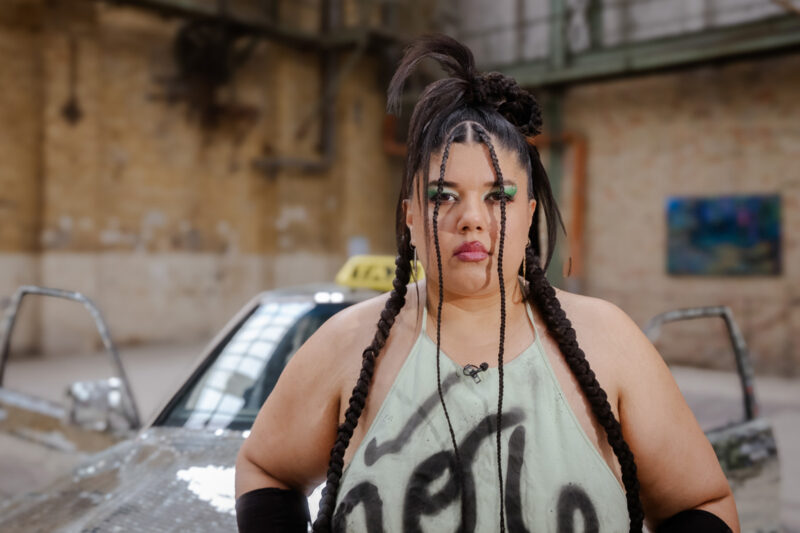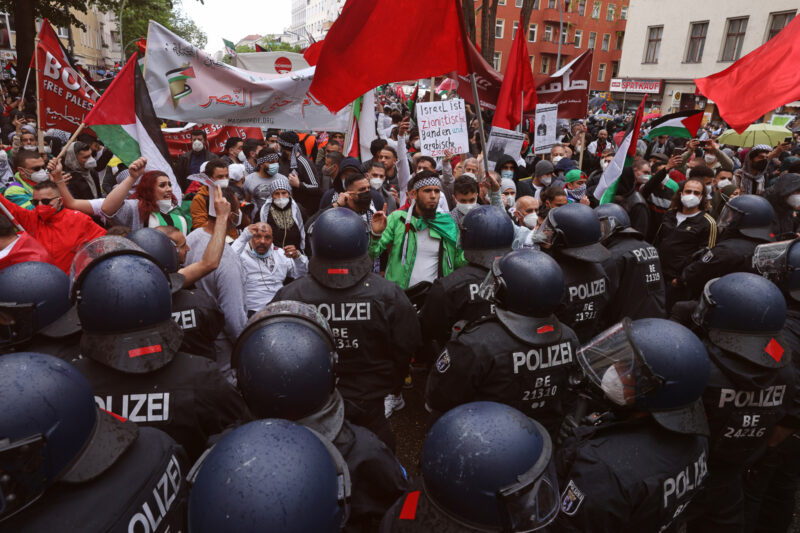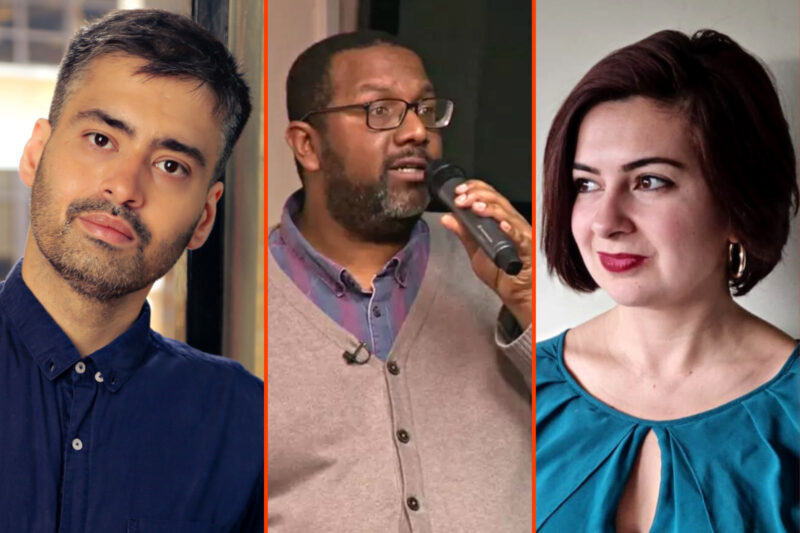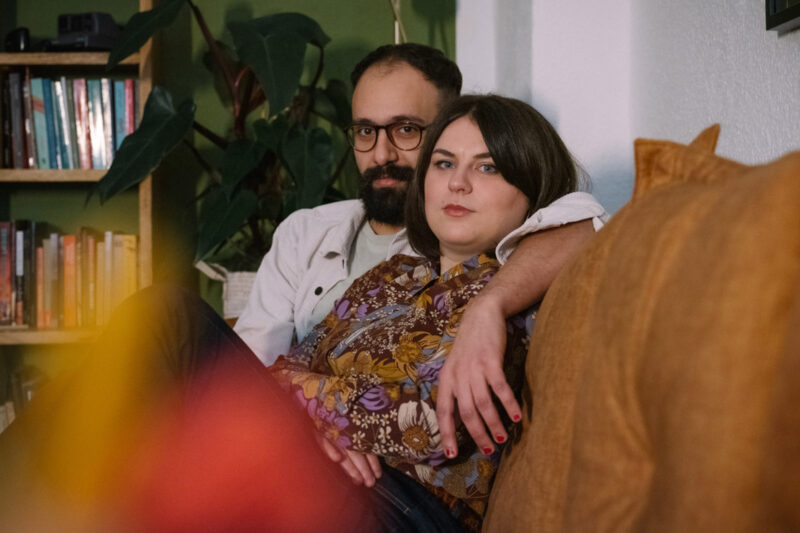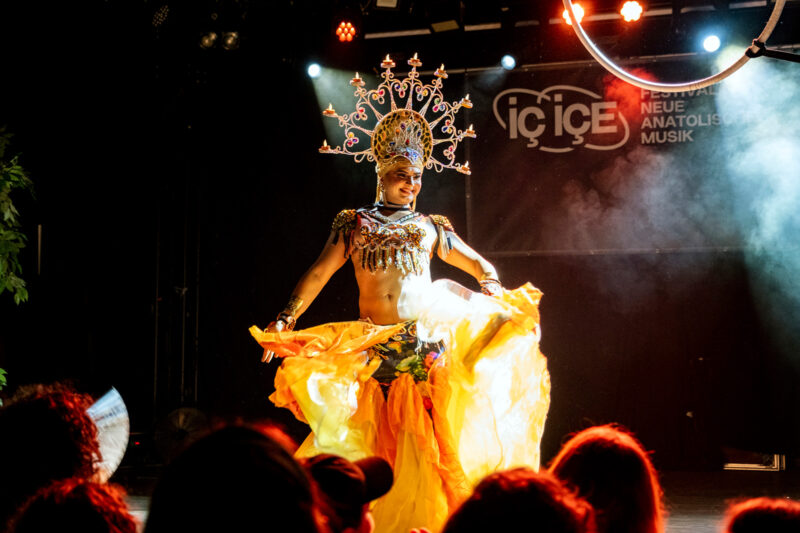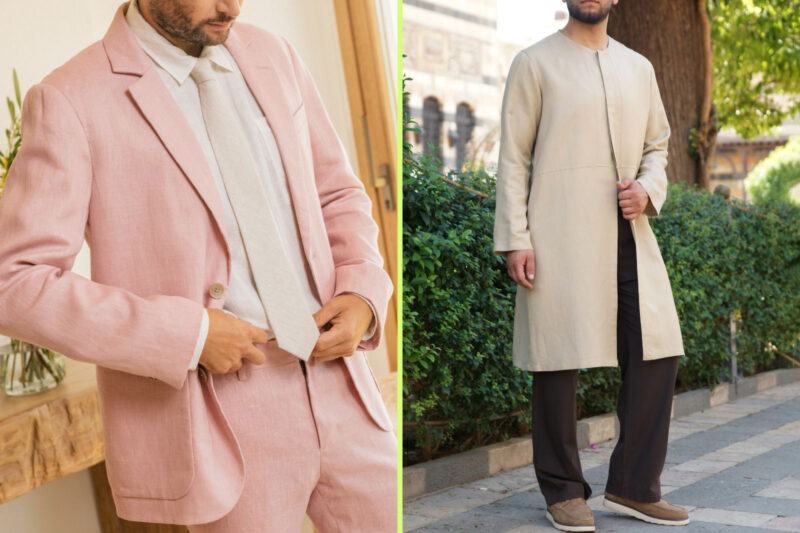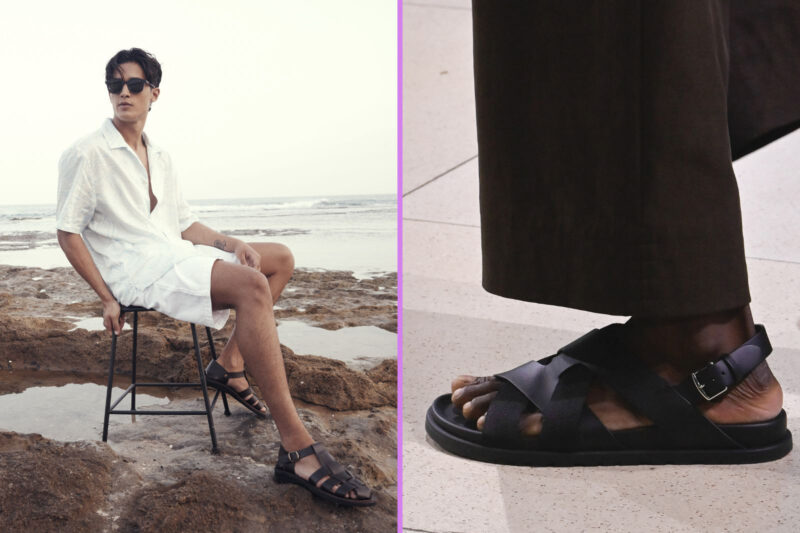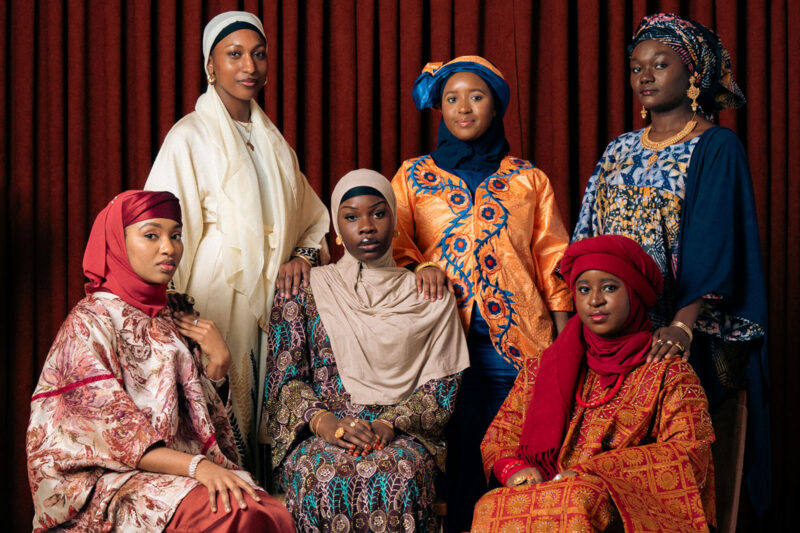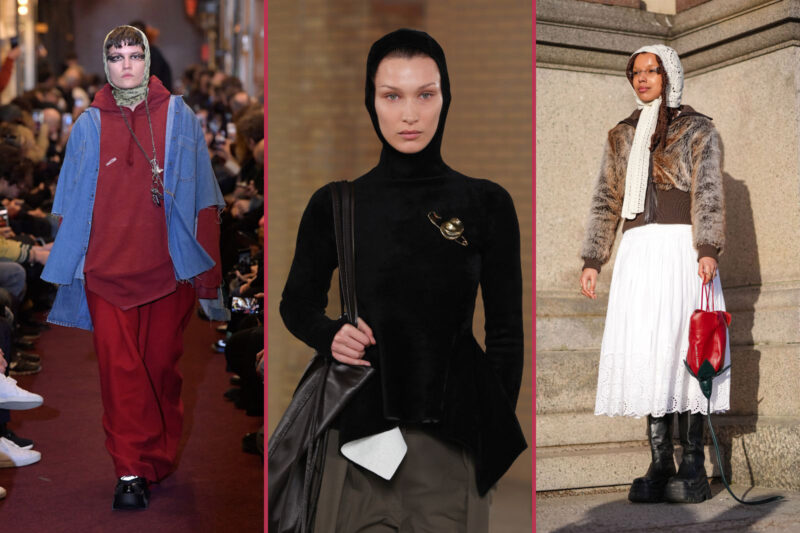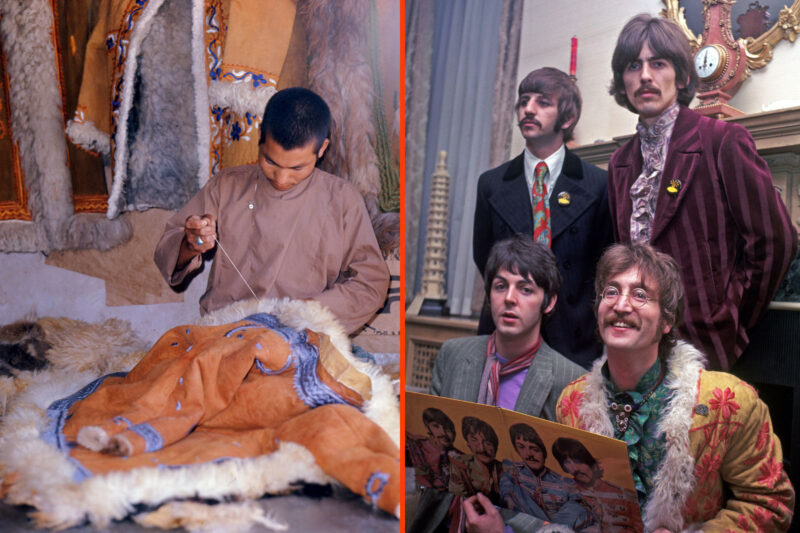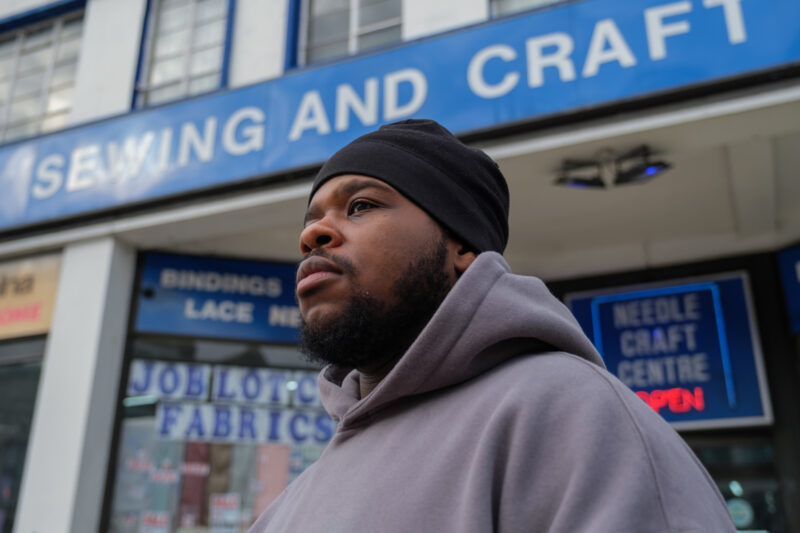Inside the Muslim tattoo scene
Though often stigmatised, some younger Muslims are pushing boundaries by both embracing and creating intricately designed body art
–
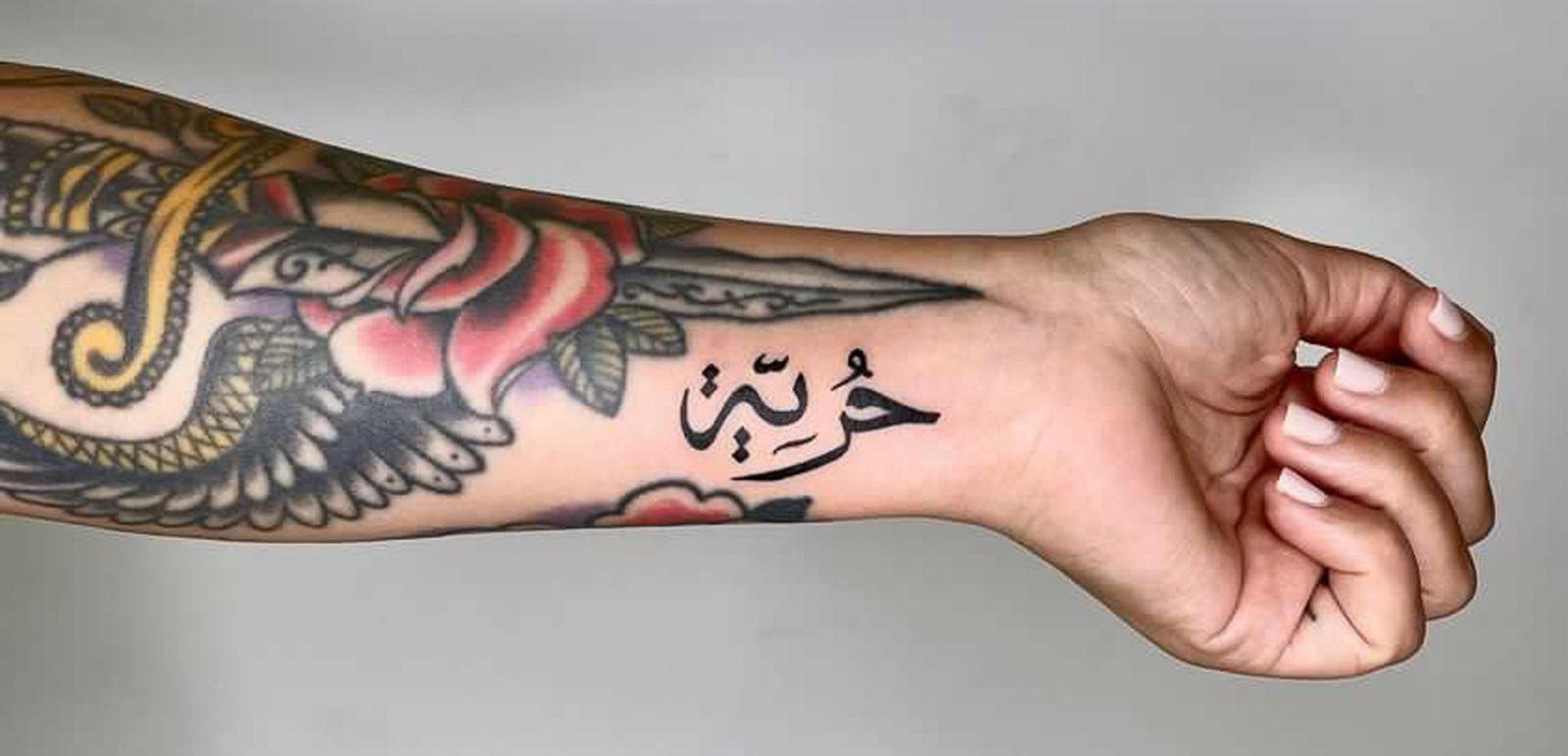
Saj knew that he wanted a tattoo, but decided to wait until after he was married. “I get that it’s a personal decision and something for myself, but I thought in the back of my mind that, out of respect for the person who I’m married to, I was going to make sure that they’re OK with tattoos as well,” he explained.
His wife was not just OK with the idea. She was keen on getting one herself.
The couple decided to use the logo they had made for their wedding, their names entwined in a tree, symbolising roots and growth. On their first anniversary they got matching designs to mark the occasion.
Saj, 35, is not the only person in his life to get inked. His family are east African-Asian Shia Muslims and both his brothers have tattoos. A regular speaker at his mosque also has a full arm sleeve.
Body art holds both an important place in some cultures across the Middle East and south Asia and significant stigma in others. Saj’s mother, for instance, was not impressed with his decision.
“She’s a lot more traditional and old-school, where you don’t do that. I get it, because in their time, no one’s done it,” he said.
In recent years, tattooing has moved from something associated with the fringes of society to near ubiquity. Now, it appears that attitudes are shifting for some Muslims too. While many religious scholars believe that tattoos are forbidden in Islam, others take a more liberal view. Meanwhile, an increasing number of young Muslims are exploring the art form as both enthusiasts and as artists.
Jwan Imam was born and grew up in Aleppo in Syria and now lives in Berlin. His uncle was a tattoo artist, who taught Jwan and his two brothers the craft in the 1990s.
“They used to do old-school tattoos, like with a heart or snake or something,” he said.
When Jwan left Syria in 2014, during the civil war raging in the country, he moved to Greece. There he met a former artist who encouraged him to start tattooing again. “Just random tattoos for random people,” he said.
When he moved permanently to Germany in 2015, Jwan set himself up as a freelance tattoo artist.
“I have my community here — Middle Easterners, Syrians, Lebanese. They were trusting and started to get calligraphy tattoos in a more Middle Eastern style”
One of the most common words he is asked to tattoo is “freedom” in Arabic, a recognition of the struggle for many Syrians following the Arab Spring. “Each person who gets a tattoo, it means a lot to them,” he said.
Religious tattoos present a challenge. “I started to refuse to do anything from religions or the Qur’an, because I felt it was more respectful to the cultures of religious people, especially the Muslim people,” he said.
Tattoos in Arabic script using calligraphy can also be a problem, he explained, as some styles look more religiously inspired, even if the actual words are not.
Jwan is one of only a small number of Muslim tattoo artists. Some Muslims who want a tattoo in Arabic, but cannot find a tattoo artist who can read or write in the language, are getting their tattoos designed by professional Arabic calligraphers, then traced and tattooed by other artists.
Josh Berer, 38, is a calligrapher and designer based in Washington DC in the US, who studied Arabic in college. While in graduate school he began to showcase his designs in Arabic script online.
“I was posting pictures of the calligraphy that I would do on my blog and I’d get a lot of people who would write to me and say, ‘Hey, I have this idea for a tattoo in Arabic’,” he said.
The volume of requests led him to set up a website and now around 60 to 70% of his work consists of designing Arabic tattoos for people in Europe, the US and Australia.
While online platforms capable of translating phrases into Arabic and rendering them in a font that could be taken to a tattoo artist do exist, they remain quite basic. “For people who are interested in something a little bit more stylistic, I’m the guy,” Josh said, adding that more than half of his customers have a cultural connection to the Middle East or Islam.
Josh, who is not Muslim but spent time in Turkey as a child, started out as a teenage graffiti artist, but was drawn to calligraphy as soon as he began to study Arabic. “The first day, my professor put up a video of someone writing calligraphy and I was like, ‘That is awesome’,” he said.
Most of his customers tend to choose family emblems, last names and words that connect to their heritage, such as the name of the towns that their family originally came from.
Josh also treats religious themes carefully. He cautions people against being tattooed with verses from the Qur’an, particularly if they appear not to have any connection to or knowledge of the faith or the Arabic language. Demand for his designs is still booming.
“There’s a lot happening. It’s really taken off in the past few years, I think, especially for a new generation of Muslims who are born either in Europe or the United States,” he said.
Saj has since got a second tattoo to commemorate making a pilgrimage to the Shia shrines in Karbala, Iraq. He is now thinking about a full arm sleeve. He isn’t in a rush to do it, though. He and his wife have a rule that if either of them have an idea for a new tattoo, they have to wait a few months before they go ahead.
“For me, tattoos have to symbolise something,” he said.
However careful and considered Saj is, his mother is still likely to remain opposed. “It just means I probably have to wear long-sleeve tops every time I go to the house until she gets used to it,” he said. “Just like the first ones that we got.”
 Newsletter
Newsletter

